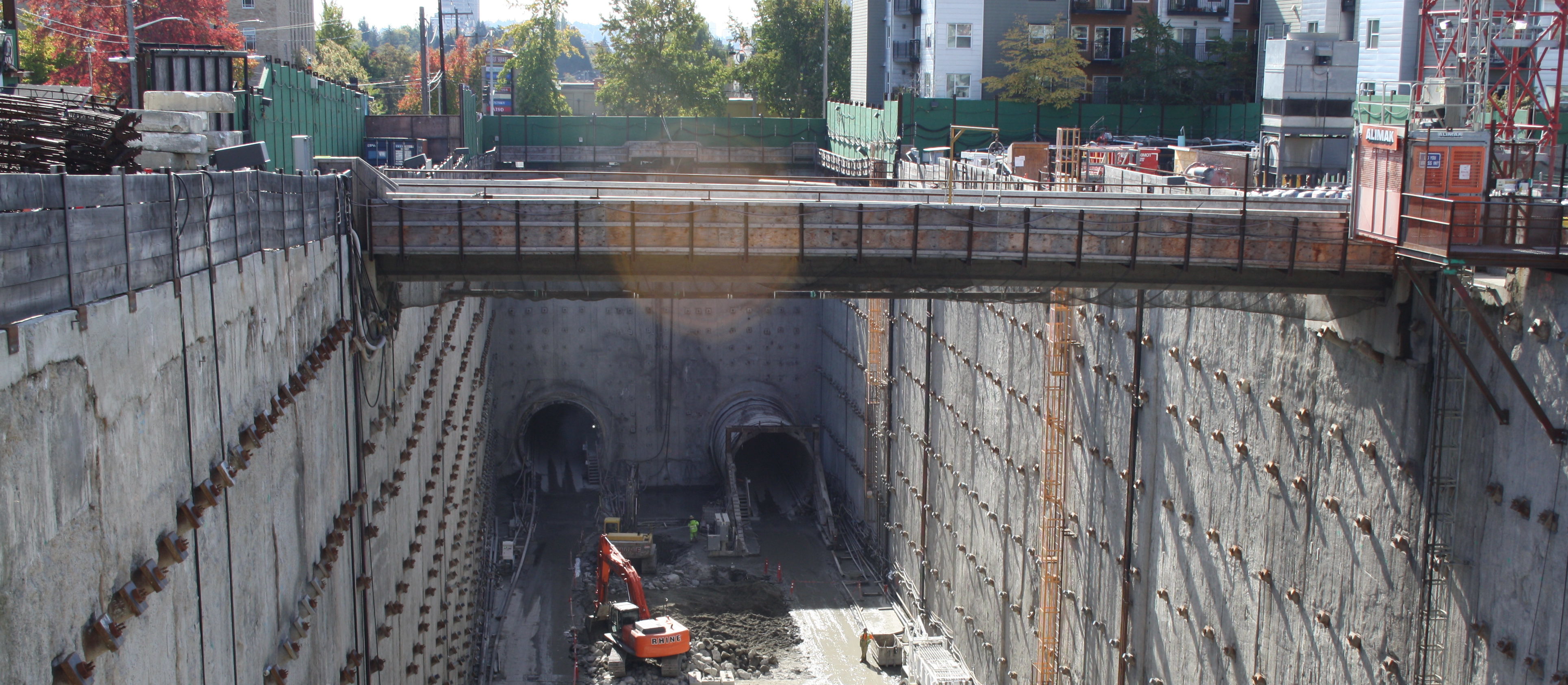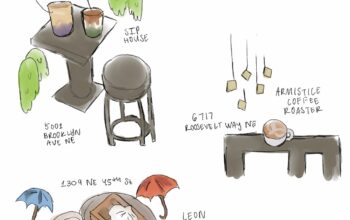On Nov. 8 King County voters will be asked about raising taxes to increase Sound Transit’s budget in order to expand the region’s public transit, including the Link light rail. While light rail lines running from Tacoma to Everett as well as east to Redmond and Issaquah may seem beneficial for Western Washington, there are far too many red flags. Sound Transit’s plan is simply too expensive and time consuming to make it a valuable investment.
The price tag on King County’s Proposition No. 1, or ST3, is $54 billion. Although the cost is shared between King, Snohomish, and Pierce Counties, it doesn’t seem any less extreme. The proposition raises sales taxes, property taxes, and motor-vehicle taxes in order to pay for Sound Transit’s 25 year plan. Every adult in the region would have to contribute a total of $5,100 each to pay for the expansion. The tax plan even hurts economically disadvantaged people. An adult earning under the national poverty line of $11,770 per year will be expected to have made around a $3,000 investment by the time the expansion is finished.
To add insult to injury, Sound Transit spent nearly $900,000 on the opening day party for the UW and Capitol Hill stations. The excessive spending of Sound Transit is insulting to all of the taxpayers who are expected to cover their next project. Additionally, Sound Transit expects only 32,000 new riders as a result of ST3, making the infrastructure’s cost per user $500,000.
Even if the $5,100 price for every adult seems like a necessity, by the time the project is expected to be finished, in 2040, it’s likely that the light rail will be rather outdated. Self-driving cars and smart city grids will be a reality or an expected innovation in the next 25 years. The private sector is already investing billions to make autonomous vehicles far more available within the decade. Internet connected vehicles are already helping cities manage traffic flow and improve transportation infrastructure. Instead of spending taxpayer money on technology that has existed since the 1800s, it would be wiser for Sound Transit to focus its budget towards preparing the region for the next wave of transportation technology.
Making matters more complicated, the intentions of Sound Transit are a little worrying. In August, a Seattle Times investigation of the government agency found that a list of contact information of ORCA card holders was released to the private lobbying group Mass Transit Now in an attempt to promote a yes vote on ST3. Sound Transit’s possibly illegal interference with the democratic process is plenty of reason to refuse to fund their proposed expansion.
It’s true that Seattle is growing and is in need of improved transportation infrastructure, and the light rail is already confirmed to expand to Lynnwood, Bellevue, and South of Sea-Tac. There is very little that justifies the expansion of the Link light rail beyond these points, especially considering the cost, timeframe, and the company’s record.



